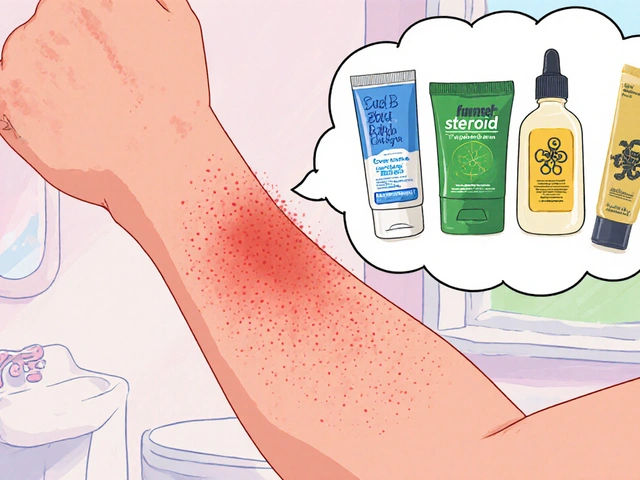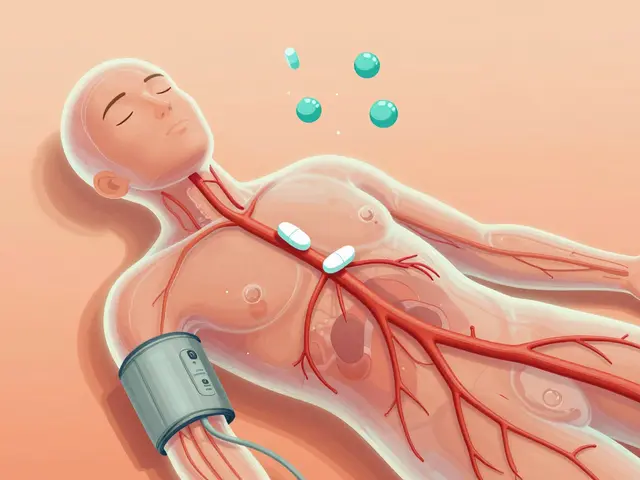Night Shift Health: Practical Tips for Working Nights
Pulling an all‑night shift can feel like living in two worlds. One minute you’re on a coffee‑fueled hustle, the next you’re trying to fall asleep while the house is quiet. The body doesn’t love that swing, but you can teach it to cope. Below are real‑world steps that keep your sleep, skin, eyes and energy on track without needing a PhD.
Sleep and Recovery
First, lock in a sleep window. Aim for a solid 7‑9 hours as soon as you get home, even if it means a 4 a.m. start. Darken the room with blackout curtains or a cheap sleep mask—light tells your brain it’s still daytime. Keep the temperature a bit cool, around 18‑20 °C, because a cool room signals melatonin production.
Second, watch caffeine. A strong coffee at the start of the shift helps, but ditch it after the first half. Even a small dose later can push your sleep phase by hours, making it harder to drift off when you finally hit the bed.
Third, create a wind‑down ritual. A short shower, stretching, or a calming playlist tells your nervous system it’s time to chill. Avoid phones or bright screens; the blue light can postpone melatonin and leave you tossing.
Nutrition, Skin & Eye Care
When you’re on the graveyard schedule, meals get sloppy. Pack balanced snacks: protein (nuts, cheese), complex carbs (whole‑grain crackers), and a piece of fruit. This steadies blood sugar and cuts the afternoon crash that many night workers report.
Hydration matters more than you think. Dehydration can trigger headaches, dry eyes and worsen skin flare‑ups—think the nodular acne link you’ve read about. Aim for 2‑3 liters of water across the shift, and sip a little herbal tea if coffee feels too harsh.
Speaking of skin, the same hormonal swings that mess with sleep can boost cortisol, a stress hormone that fuels breakouts. Keep a gentle cleanser and a lightweight moisturizer on hand. If you notice persistent acne, consider a nighttime routine that includes a non‑comedogenic product with salicylic acid—just apply after you get home, not before the shift.
Eye health is another hidden risk. Working under artificial lights or staring at screens for hours can raise intra‑ocular pressure for some people, especially those prone to uveitis. Use a blue‑light filter on your monitor, take a 5‑minute break every hour, and blink often to keep tears flowing. If you wear glasses, ask your eye doctor about lenses that reduce glare.
Lastly, a quick tip for the weekend: try a “mini‑fast” after a night shift—skip a light breakfast and wait until the next natural daylight period to eat. This can reset your circadian rhythm and make the next shift feel a bit easier.
Working nights will always have its quirks, but with solid sleep habits, smart snacks, and a few skin‑and‑eye tricks, you can stay sharp and feel good. Test one change at a time, track how you feel, and keep the habits that actually work for you.
Shift-Worker Stress Management: Essential Tips for Night and Rotating Schedules
Shift-workers face high stress and health risks. Learn why managing stress matters, see real stats, and get practical tips to help your mind and body thrive.
View More




